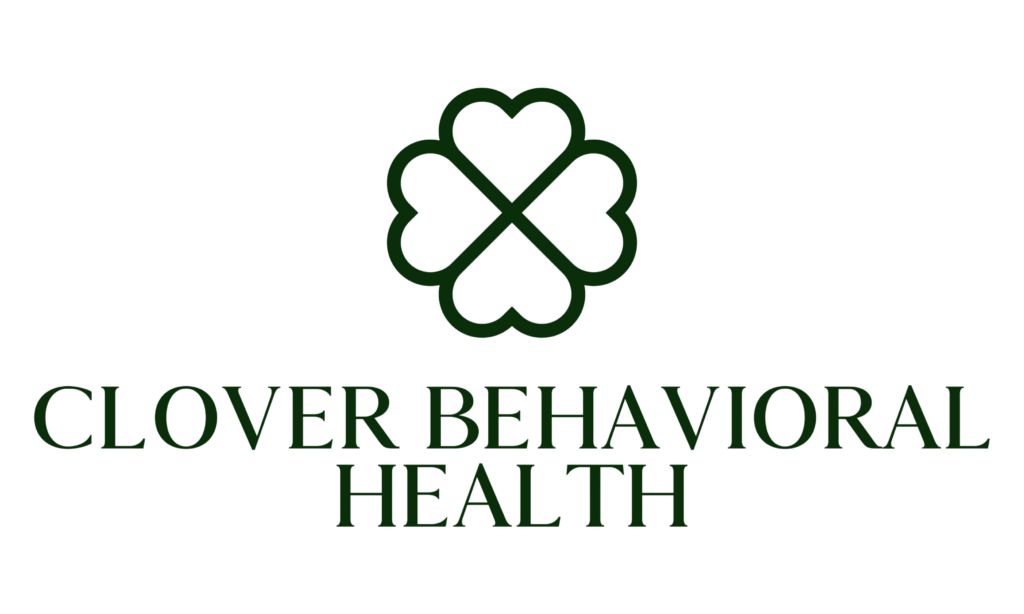Facing the reality of a loved one’s addiction can be overwhelming. It’s crucial to understand that addiction is a complex disease, but we can approach it with compassion and actionable steps. One such powerful step is staging an intervention. This structured conversation can be a turning point, encouraging your loved one to seek the help they need.
Understanding Interventions
An intervention is a carefully planned process where family, friends, and sometimes professionals come together to confront a loved one about their substance use. The goal is to motivate the individual to acknowledge their need for help and enter treatment. Interventions are empathetic, supportive, and centered on promoting the possibility of positive change.
Steps to Plan an Effective Intervention
1. Educate Yourself
Before initiating an intervention, it’s essential to understand addiction and its impact. Educating yourself about substance use disorders, treatments, and recovery options can provide a solid foundation. Familiarize yourself with the specific substance your loved one is using and its effects.
2. Form a Support Team
Gather a group of people who are genuinely concerned about your loved one’s well-being. This team might include family members, close friends, and colleagues. Consider involving a professional interventionist who can guide the process and provide expert advice.
3. Plan and Practice
Interventions should be meticulously planned. Organize a meeting with your support team to discuss:
- The specific behaviors that have led to concern
- The impact of these behaviors
- Clear, specific examples that illustrate the problem
- A pre-arranged treatment plan
Rehearse the intervention to ensure clarity and coherence. Practice what each person will say to minimize emotional outbursts and keep the conversation focused.
4. Choose the Right Time and Place
Identify a time when your loved one is least likely to be under the influence or otherwise distressed. Choose a private, non-threatening environment where everyone will feel safe and comfortable. This setting should foster openness and communication.
5. Communicate with Compassion
During the intervention, speak from a place of love and concern. Avoid blaming or shaming language, as this can lead to defensiveness and resistance. Use “I” statements to express your feelings and observations. For example:
- “I feel worried when you don’t come home at night.”
- “I’ve noticed changes in your behavior that concern me.”
6. Present the Treatment Plan
Research and have a concrete treatment plan ready before the intervention. Offer options such as rehabilitation centers, outpatient programs, or counseling services. Clover Behavioral Health provides a range of evidence-based treatments tailored to individual needs in Boston. Emphasize that seeking help is an empowering choice and a step towards a healthier life.
7. Prepare for Responses
Be ready for various reactions, including anger, denial, or relief. Maintain a calm and supportive demeanor regardless of the response. Reinforce that everyone is there out of love and concern for their well-being.
8. Offer Support and Set Boundaries
Express your willingness to support your loved one through their recovery journey. However, also set clear boundaries. Make it known that while you are there to help, enabling or tolerating continued substance use is not an option. This clarity can reinforce the urgency of seeking help.
What if They Refuse Help?
Despite your best efforts, there might be resistance to accepting treatment. If your loved one refuses help, it’s crucial to remain supportive but firm. Continue to express your concern and willingness to assist them when they are ready. Sometimes, repeated discussions and interventions are necessary before someone decides to seek treatment.
Professional Help and Resources
We understand that every situation is unique, and the path to recovery can be challenging. If you need professional guidance, Clover Behavioral Health is here for you. Our experienced team in Boston offers compassionate and comprehensive addiction treatment services. We provide personalized care plans that align with each individual’s needs and circumstances.
Taking Action: A Path to Recovery
An intervention, when conducted with empathy and meticulous planning, can be a pivotal moment in someone’s recovery journey. Remember, it’s not about forcing or controlling but about offering support and choices. Recovery is possible, and with the right approach, you can help your loved one take that crucial first step.
At Clover Behavioral Health, we believe in the power of positive change and the strength within each individual to overcome addiction. If you or someone you love needs help, please reach out to us. Our dedicated team in Boston is ready to provide the support and treatment necessary for a successful recovery.
Contact Clover Behavioral Health
Taking the first step towards recovery can be daunting, but you don’t have to do it alone. Contact Clover Behavioral Health today to learn more about our addiction treatment services in Boston. Together, we can work towards a healthier, brighter future.
Let’s empower your loved ones with the choice of recovery and the promise of a better tomorrow. Together, we can make a difference.
By following these steps, we can approach interventions with confidence and compassion, helping our loved ones find the path to recovery. Remember, the journey towards healing starts with a single step, and we at Clover Behavioral Health are here to support you every step of the way.














